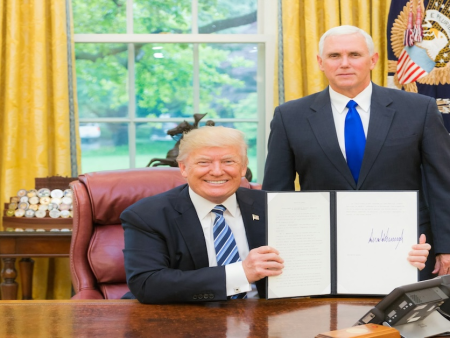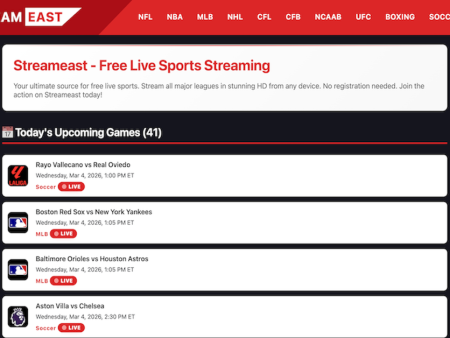Last updated on November 24th, 2025
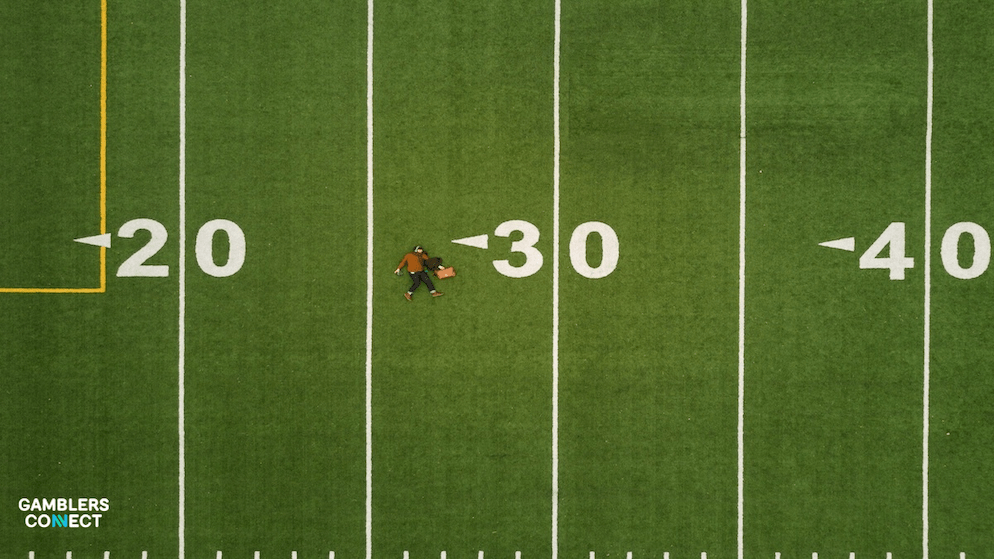
How Long Do NFL Actually Last: The Length of an NFL Game
The simple, official answer to the question how long do NFL games last is 60 minutes of regulated playing time. However, as any fan who has ever settled in to watch a game knows, the actual time spent from the opening kickoff to the final whistle is significantly longer, making the query of how long do nfl games last one of the most common among new and even seasoned viewers. The real-world duration of an NFL game is a complex interplay of the official game clock, the extensive requirements of a televised broadcast, and the natural flow and frequent stoppages inherent to the sport of American football.
On average, a televised NFL game lasts approximately 3 hours and 12 minutes. This guide will provide a comprehensive and detailed breakdown of exactly what fills that time, from the official game clock and halftime to the numerous clock stoppages and commercial breaks that make up the modern football viewing experience. Whether you’re wondering how long do nfl football games last in general or have specific questions about playoff games or TV broadcasts, this guide will provide all the answers. Understanding how long do nfl games usually last is key to appreciating the rhythm and structure of the sport.
The Official Game Clock: 60 Minutes of Play
The foundation of every NFL game’s length is its regulated playing time, a rule that has been a staple of the sport for decades. This is broken down into four distinct quarters, each lasting 15 minutes. The structure is designed to provide regular breaks for teams to regroup and for broadcasters to insert commercial breaks.
- First Quarter: 15 minutes
- Second Quarter: 15 minutes
- Halftime: A 13-minute break
- Third Quarter: 15 minutes
- Fourth Quarter: 15 minutes
This totals 60 minutes of official playing time. However, unlike sports such as soccer where the clock runs almost continuously, the NFL game clock is not a continuously running entity. It stops frequently for a wide variety of reasons dictated by the official rulebook. This constant starting and stopping of the clock is the primary factor that extends the real-world length of the game far beyond the one-hour mark.
The two-minute warning, an automatic timeout at the end of the second and fourth quarters, is another built-in stoppage that serves as both a strategic timeout for the teams and a guaranteed commercial break for broadcasters, further influencing how long do nfl games typically last.
What Fills the Time? A Breakdown of a 3-Hour Broadcast
So, if there are only 60 minutes of playing time, where do the other two-plus hours go? The time is filled by a combination of essential breaks, broadcast requirements, and the fundamental rules of the game. A famous Wall Street Journal study that analyzed several games found that the ball is typically in play for only about 11 minutes of actual, live action. The rest of the time is a carefully orchestrated sequence of events that make up the complete viewing experience. Understanding how long do football games last nfl style requires a deep dive into these components.
Here is a breakdown of what fills the rest of the time:
Commercial Breaks (TV Timeouts)
For anyone wondering how long do nfl games last on tv, commercial breaks are the single largest component of non-playing time. A standard NFL broadcast is a massive commercial enterprise, and these breaks are essential to its financial model. A typical regular season game contains approximately 20 commercial breaks, which can account for nearly a full hour of the total broadcast time. These are not random; they are strategically placed at specific, guaranteed moments of stoppage. Commercials are inserted after a team scores a touchdown or field goal, after a punt, after a kickoff, at the two-minute warning, during an injury timeout, and when a coach throws a challenge flag. This structure ensures that broadcasters have ample inventory to sell to advertisers, but it also significantly inflates the answer to how long do nfl games usually last.
Halftime
A standard NFL halftime for a regular season game lasts exactly 13 minutes. This break is a crucial part of the game’s strategy and rhythm. It allows players to rest, hydrate, and receive medical attention. For coaches, it is an invaluable opportunity to analyze the first half and make critical strategic adjustments for the second half. While the on-field action stops, the broadcast continues with studio analysis, highlights, and, of course, more commercials. The one major exception to this rule is the Super Bowl. The Super Bowl halftime is a major entertainment event in itself, and it is significantly extended to around 30 minutes to accommodate the elaborate musical performance, which adds a considerable amount of time to the game’s overall length.
The Time Between Plays
The NFL play clock is the silent governor of the game’s pace. After the conclusion of a play, the offense has 40 seconds to snap the ball and begin the next play (or 25 seconds in certain situations, like after a timeout). While 40 seconds may not seem long, it is “dead time” from a viewer’s perspective. This period is filled with players returning to the huddle, coaches relaying plays, the quarterback making calls at the line of scrimmage, and players getting into formation. With an average NFL game featuring around 150-170 total plays, this time between snaps adds up to a massive portion of the broadcast, often totaling over an hour of the game’s runtime.
Standard Clock Stoppages
The rules of American football require the clock to stop frequently, even outside of commercial breaks. These stoppages are a natural part of the game and are essential for its administration. This is a key reason how long do football games last nfl is so different from other sports. These include:
- Incomplete Passes: The clock stops every time a forward pass is thrown and is not caught, hitting the ground. In today’s pass-heavy league, this is one of the most common reasons for a clock stoppage and a major factor in why how long do nfl football games last is longer now than in previous, run-heavy eras.
- Player Runs Out of Bounds: The clock stops when the ball carrier steps or is forced out of the field of play. This is a common strategy for teams trying to conserve time at the end of a half.
- Penalties: The clock stops when an official throws a flag for a penalty. The game is paused while the referee communicates with the crew, announces the penalty to the teams and the crowd, and the ball is re-spotted.
- Scoring Plays: The clock stops after every touchdown, field goal, and safety. The subsequent extra point attempt and kickoff also occur with the clock stopped.
- Changes of Possession: The clock stops after punts, kickoffs, and turnovers like fumbles or interceptions, allowing teams to substitute players.
- Team Timeouts: Each team is allotted three timeouts per half, each lasting for two minutes during a national broadcast to accommodate commercials.
- Injury Timeouts: The game is paused for any player injury to allow medical staff onto the field.
Replay Reviews
When a coach challenges a play by throwing a red flag, or when an official in the replay booth initiates a review on a close play, the game is paused. These reviews add an element of unpredictable length to the game. The referee goes “under the hood” to review the play from multiple angles in slow motion on a monitor, while consulting with the league’s officiating headquarters in New York. These stoppages can last for several minutes and significantly disrupt the flow of the game, adding another variable to how long do nfl games typically last.
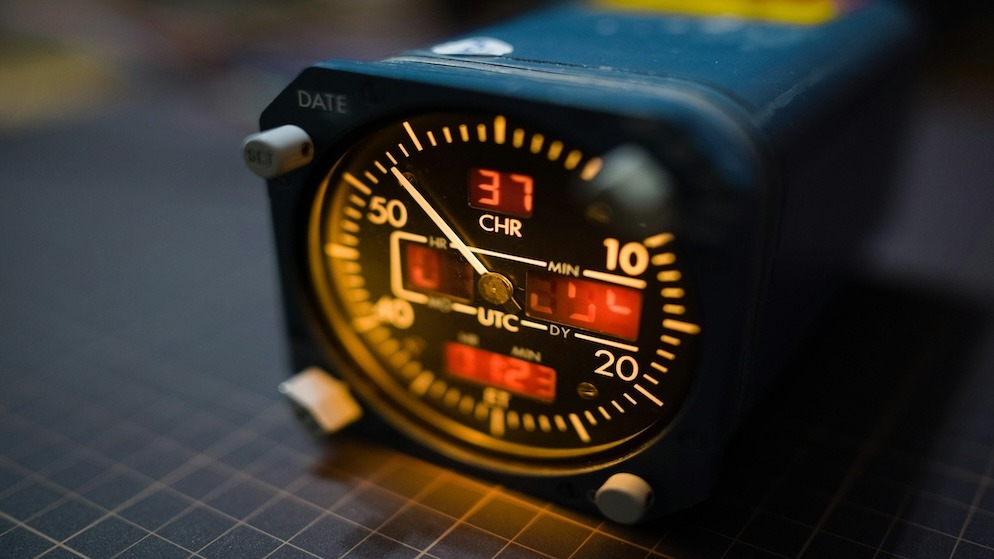
The X-Factor: Overtime Rules and Their Impact
If an NFL game is tied at the end of the 60-minute regulation period, it goes into overtime, which can significantly extend its total length. The question of how long do nfl playoff games last is particularly relevant here, as the rules differ between the regular season and the postseason.
Regular Season Overtime
A single 10-minute period is played. It uses a “modified sudden death” format. If the team that gets the ball first scores a touchdown, they win, and the game is over. If they only kick a field goal, the other team gets a possession with a chance to either tie the game with a field goal (continuing the game) or win it with a touchdown. If the clock expires and the game is still tied, or if both teams’ first possessions end in a punt, the game ends in a tie.
Playoff Overtime
The answer to how long do nfl playoff games last can be “indefinitely.” Playoff games cannot end in a tie. Overtime periods are 15 minutes long, and the rules are designed to give both teams a chance to possess the ball. If the first team scores a touchdown, the other team still gets a possession to try and match it. If the score is still tied after both teams have had the ball, the game becomes true sudden death, where the next score of any kind wins. If the game remains tied after the first 15-minute overtime, subsequent overtime periods are played until a winner is decided.
Marathons on the Gridiron: The Longest NFL Games in History
While most games fall within the three-hour range, some have become legendary for their incredible length, almost always due to multiple overtime periods in the playoffs. Here are some of the most notable marathon games, ordered by total playing time.
Dolphins vs. Chiefs, 1971 AFC Divisional Playoff
This Christmas Day classic is widely regarded as the longest game in NFL history. The game was an epic back-and-forth battle that saw multiple lead changes and missed game-winning field goals at the end of regulation and the first overtime. It was a testament to the endurance of the players, finally ending late in the second overtime period.
- Date: December 25, 1971
- Teams: Miami Dolphins vs. Kansas City Chiefs
- Final Score: Dolphins 27, Chiefs 24
- Total Game Time: 82 minutes and 40 seconds
- Number of Overtimes: 2
Browns vs. Jets, 1986 AFC Divisional Playoff
Another legendary double-overtime playoff game, this matchup saw the Cleveland Browns mount a furious comeback late in the fourth quarter to force overtime. The New York Jets had multiple chances to win in the first overtime but missed two field goals. The Browns eventually won the marathon contest with a field goal of their own in the second overtime.
- Date: January 3, 1987
- Teams: Cleveland Browns vs. New York Jets
- Final Score: Browns 23, Jets 20
- Total Game Time: 77 minutes and 2 seconds
- Number of Overtimes: 2
Titans vs. Ravens, 2003 AFC Wild Card
A grueling playoff contest, this game was a defensive slugfest that went deep into overtime. The game was ultimately decided by a 46-yard field goal by the Tennessee Titans, ending a marathon that tested the limits of both teams and their fanbases.
- Date: January 3, 2004
- Teams: Tennessee Titans vs. Baltimore Ravens
- Final Score: Titans 20, Ravens 17
- Total Game Time: 69 minutes and 11 seconds
- Number of Overtimes: 1
A Comparative Clock: NFL Game Length vs. Other Major Sports
To put the answer of how long do nfl.games last into perspective, it is helpful to compare it to the typical length of games in other major North American sports leagues.
NFL vs. NBA
The average NBA game lasts around 2 hours and 15 minutes. While the regulation time is shorter at 48 minutes, the final two minutes of a close game can take an incredibly long time due to the frequent use of timeouts, intentional fouls to stop the clock, and the resulting free throws.
NFL vs. MLB
The average MLB game has hovered around the 3-hour mark in recent years, though new pace-of-play rules like the pitch clock have been implemented to shorten this. Baseball has no game clock at all; the game is structured around nine innings, and its length is determined purely by the pace of the pitchers, the number of hits, and pitching changes.
NFL vs. NHL
The average NHL game is generally the quickest of the four major sports, lasting around 2 hours and 20 minutes. The action is fast-flowing with three 20-minute periods of regulation time. While there are standard TV timeouts, the stoppages in play are generally shorter than in football or basketball.
| Sport | Regulation Time | Average Real-World Length |
| NFL | 60 minutes | ~ 3 hours, 12 minutes |
| NBA | 48 minutes | ~ 2 hours, 15 minutes |
| NHL | 60 minutes | ~ 2 hours, 20 minutes |
| MLB | 9 Innings (No Clock) | ~ 3 hours |
Factors That Influence Game Length
Not all games are created equal. Several factors can make a specific game run longer or shorter than the average.
Factors for Longer Games
A game with a high number of scoring plays will naturally last longer due to the commercial breaks that follow every touchdown and field goal. Similarly, pass-heavy offenses lead to more incomplete passes, which stop the clock and extend the game. A game with a high number of penalties and multiple replay reviews will also be significantly longer than average, as each stoppage adds several minutes to the total runtime.
Factors for Shorter Games
Conversely, games that feature run-heavy offenses tend to be shorter because the clock continues to run after most running plays. A clean, efficiently played game with very few penalties or turnovers will also move at a much quicker pace. Low-scoring, defensive struggles often end faster than high-flying offensive shootouts.
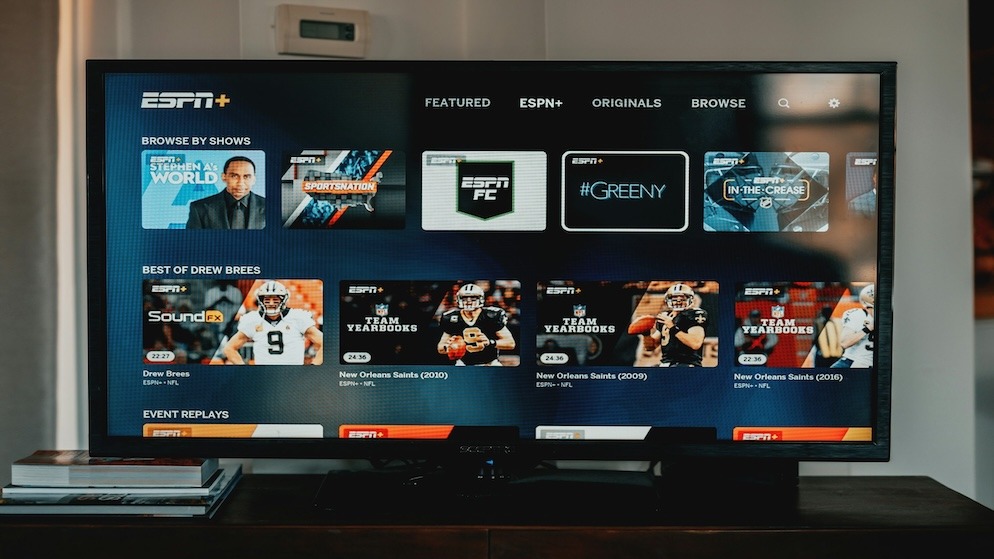
Final Thoughts
In summary, the answer to how long do NFL games last is far more complex than the 60 minutes on the game clock. The real-world broadcast averages 3 hours and 12 minutes, a figure that has become the standard for the modern viewing experience. This extended duration is a result of the fundamental structure of the sport, including frequent and necessary clock stoppages, the time between plays, and a lengthy halftime break. These natural pauses are amplified by the commercial requirements of a televised broadcast, which adds nearly an hour of advertisements to the total runtime.
The potential for overtime, especially in the playoffs, adds another layer of unpredictability, making the final whistle a highly anticipated moment in a complex and time-intensive event. The next time you sit down to watch, you will have a full understanding of how long do nfl football games last and all the intricate components that make up the three-hour spectacle.
